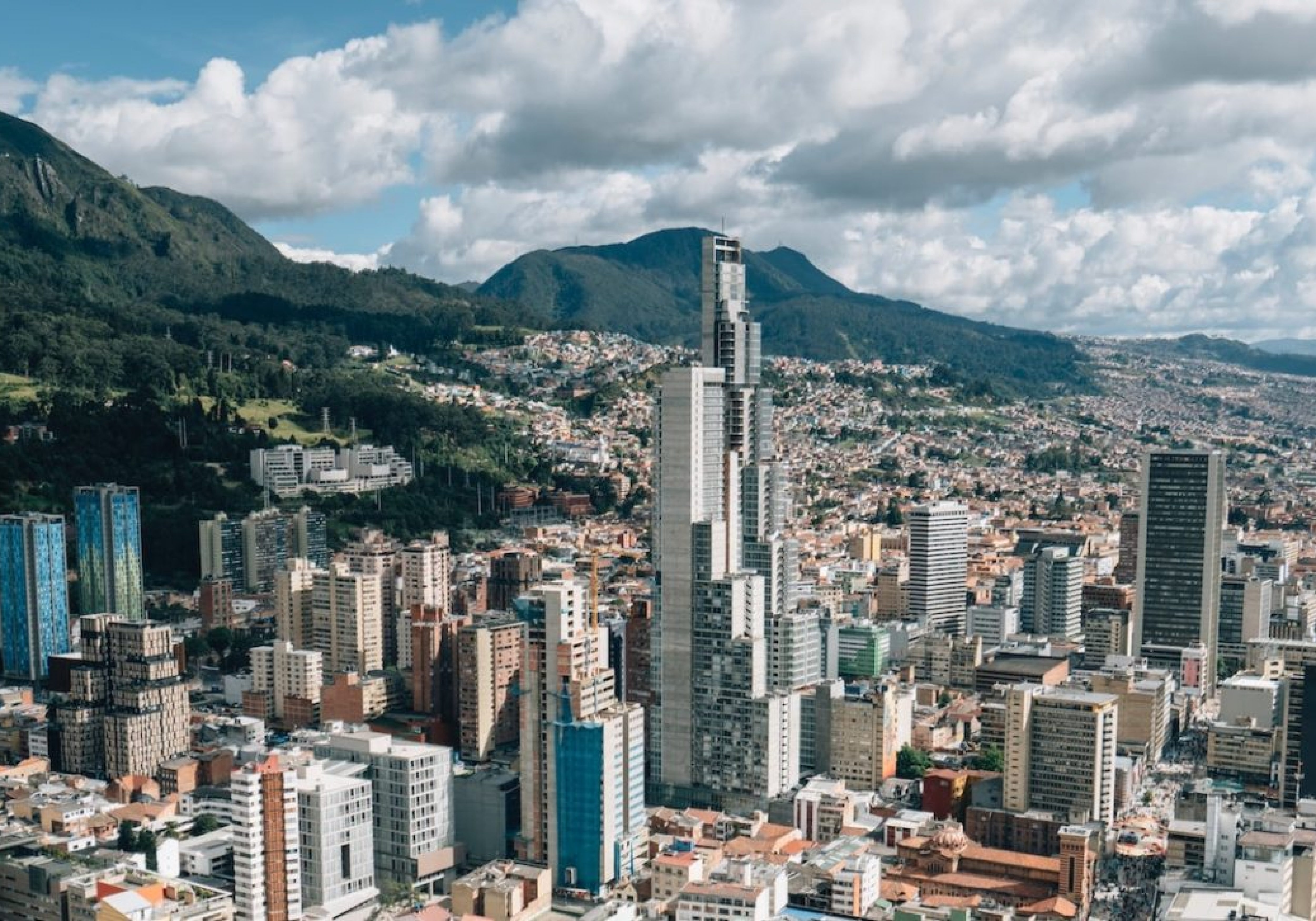
Strong rebounds set to fuel opportunity in Latin America
Latin America has responded strongly to the impact of Covid-19 and has the potential to become a global hub for entrepreneurship and innovation, says Gregorio Esteban


The planet has faced a string of seismic shocks in recent years. We are still emerging from the huge disruption caused by the Covid-19 pandemic, while the conflict in Ukraine has had far-reaching consequences, including soaring inflation worldwide.
It is my view that we are entering a black swan era, where hugely consequential events of this kind become increasingly common, propelled by issues such as political instability, social unrest, international power struggles and trade wars. Meanwhile, the effects of climate change will be earth shattering.
In this context, it is possible for a different global model to be established, with new alliances forged and the international balance of power repositioned. And Latin America is well placed to emerge as a real contender on the world stage. New trading relationships and leadership on issues, such as climate change, could increase the region’s influence and investment. Despite its enormous potential, Latin America’s progress has historically been held back by frequent political and economic upheaval. Indeed, perceptions that have arisen from this upheaval still dominate, I would say unfairly, today.
In fact, the region represents something of growing certainty during worrying times. There are signs of a changing tide, with more solid foundations being laid for a part of the world that is still too often defined by a skewed Western perspective. The global media tends to accentuate bad news around political change, riots and poverty, but rarely presents the full picture. A new era of strong, sustained growth in the long term is looking increasingly realistic – and with that comes big opportunities.
Over the last year or so, there were dramatic election wins for leftists in Brazil, Chile and Colombia. This means that left-leaning leaders are in charge in six of the seven largest economies in Latin America. For the region as a whole, this brings with it genuine hope for positive change around issues such as inequality (Latin America has historically been one of the worst regions globally for inequality), regional integration (particularly amid the Covid pandemic, the priorities of countries moved towards national interests and policies) and climate change.
Climate change has huge relevance to the future of the region. This is because, generally speaking, it is superimposed on existing vulnerabilities. And the signs since last year’s elections are significant. Colombia’s new president, Gustavo Petro, has announced plans to phase out coal and oil, going as far as to say that the world needs an “immediate withdrawal from the oil and gas industry”. Brazil’s newly re-elected leader, Luiz Inácio Lula da Silva, campaigned on the promise of fighting global climate change by protecting the Amazon rainforest. This includes reinstating the $1.2 billion Amazon Fund created to protect the world’s largest rainforest, after a three-year period of inactivity under the presidency of Jair Bolsonaro.
Latin America has a lot to say about the future of the planet because it is home to such important biodiversity – in fact, per square kilometre, Colombia is the world’s most biodiverse country. The need for collaboration across the region and world has therefore never been clearer. There is a huge opportunity to do things the right way in business and beyond. As the world takes a stronger stance towards climate change, Latin America’s standing will only become more significant, with bridges set to be built with progressive countries across the world.
The region’s relationship with EU countries is already picking up. Germany’s chancellor Olaf Scholz has recently toured Latin America, becoming the first Western leader to meet Lula since his inauguration. This was an opportunity to reset the relationship between Europe and Brazil. During the visit, Scholz outlined more than $200 million in contributions for environmental projects. He stated that Germany wants to boost co-operation with Latin America and the Caribbean on renewable energies, green hydrogen and responsible trade in raw materials following the fallout from the Ukraine war. The visit brings renewed hope of concluding a trade agreement between the EU and Mercosur trade bloc that is made up of Brazil, Argentina, Paraguay and Uruguay.
The established order, currently led by the likes of Europe, the US and China, is shifting, with events of recent years, particularly the conflict in Ukraine, resulting in countries across the world re-evaluating their trading relationships. Latin America is set to have a big role to play here. The region is rich in natural resources such as oil and hydrocarbons; minerals such as copper and lithium; and foodstuffs such as grain, sugar and coffee. It also has great potential for producing clean and modern energy. Plus, the region is already making its mark on the innovation landscape and business leaders in any industry should take note of its rich base of human capital, talent and dream demographics.
Key trading partners the US and China have already made significant moves. Trade between Latin America and China grew from $12 billion in 2000 to $450 billion in 2021 and could exceed $700 billion by 2035. While China is now South America’s biggest trading partner, in Mexico and Central America it is the US.
There have been concerns that countries in the region are over-reliant on these relationships. But Latin America no longer needs to be bound to them in the way it has been in the past. It is expected to continue to benefit from the China Plus One strategy, which sees companies with a foothold in China diversifying their businesses in alternative destinations, while as discussed there has already been significant movement on the region’s relationship with the EU.
In fact, Latin America has also been named as the EU’s strategic investment target for 2023, with billions of Euros committed to key sectors in the region, such as renewable energy and infrastructure. In December, €12 billion of public-private investment was announced for sustainable development, at the heart of which is renewable energy.

Gregorio Esteban is the founder and CEO of Miraval Holdings, a real estate company focused on the sustainable development of self-sufficient ecocities in Latin America.

Latin America has responded strongly to the impact of Covid-19 and has the potential to become a global hub for entrepreneurship and innovation, says Gregorio Esteban

Business schools can no longer afford to ignore the intimate interrelationship between business and politics – and they must go beyond layering ESG perspectives onto standard business thinking – says Joe Zammit-Lucia

Business schools can no longer afford to ignore the intimate interrelationship between business and politics. To address this, we need a better understanding of the roles of ‘politics’ and ‘business’ in our societies, says Joe Zammit-Lucia
For questions about editorial opportunities, please contact:

